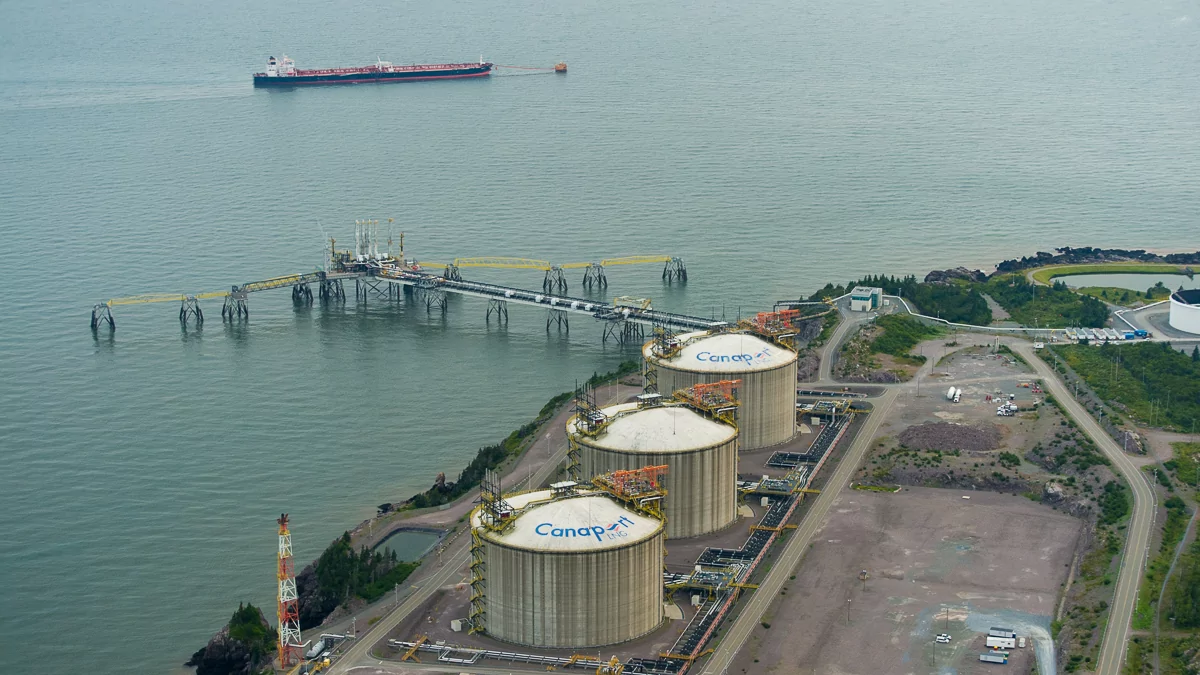
Protections put in place should be relaxed only if further findings emerge providing evidence no harm will result
By Jim Emberger – Special to Brunswick News – Published Oct 5, 2024
A recent Narrative Research poll, commissioned by Brunswick News, on lifting the fracking moratorium noted that the second largest group of poll respondents (19 per cent) replied “I don’t know” to the questions.
That likely illustrates that the success of the moratorium. For ten years it has, ironically, removed the shale gas issue from civic and media discussion.

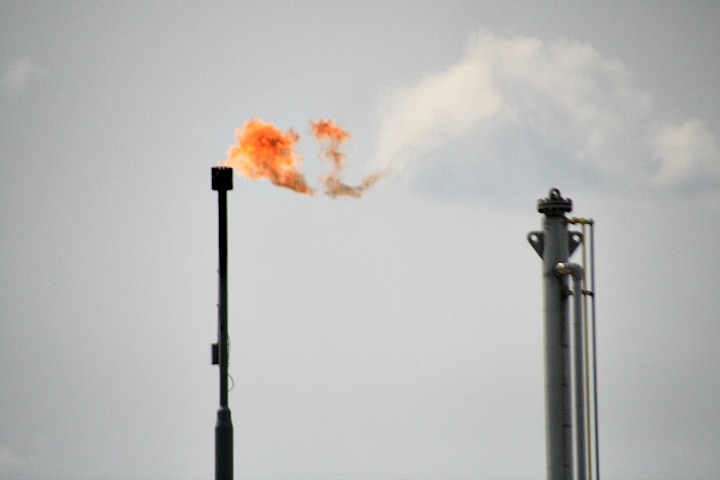

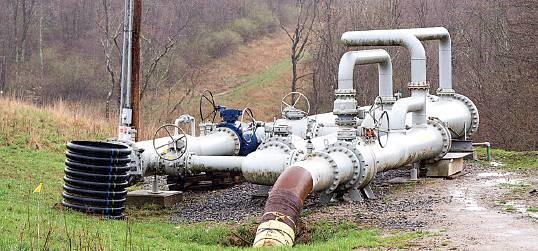
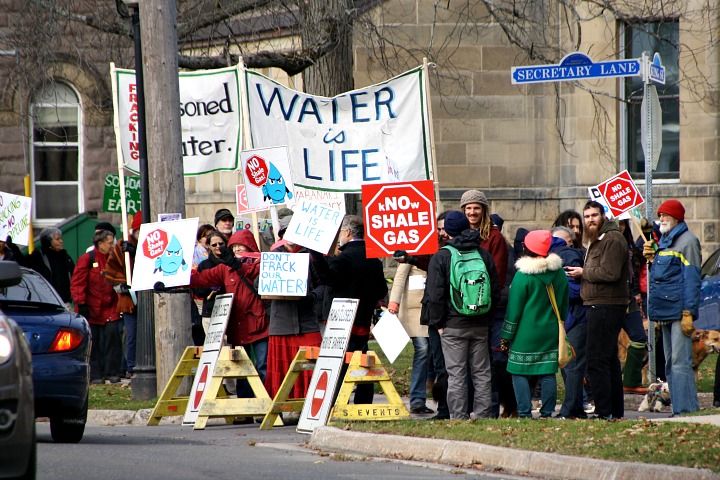


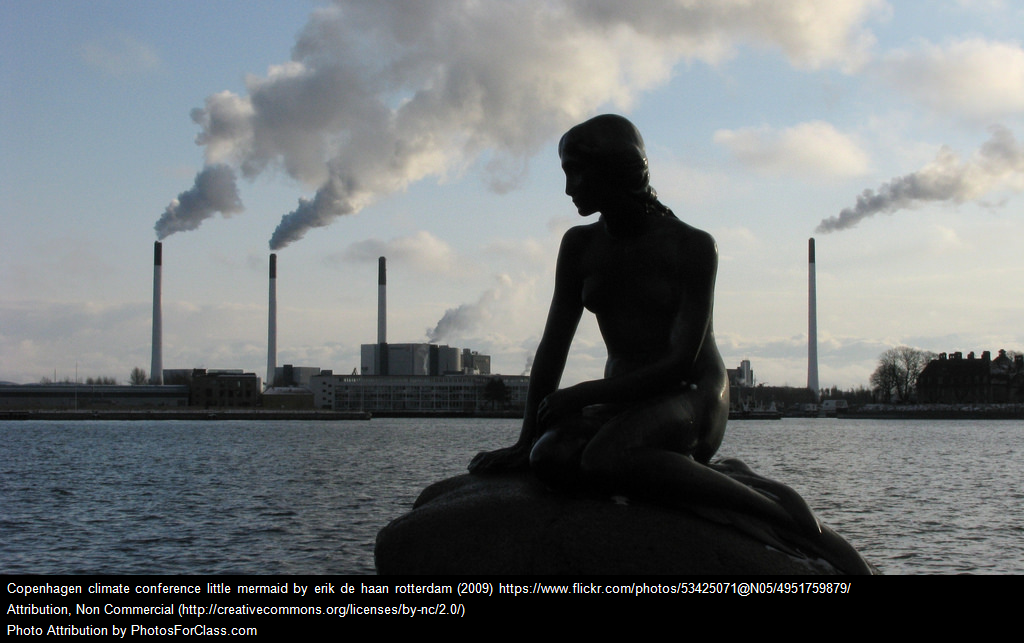
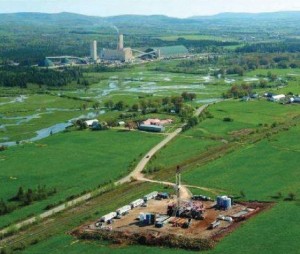 FOR IMMEDIATE RELEASE
FOR IMMEDIATE RELEASE